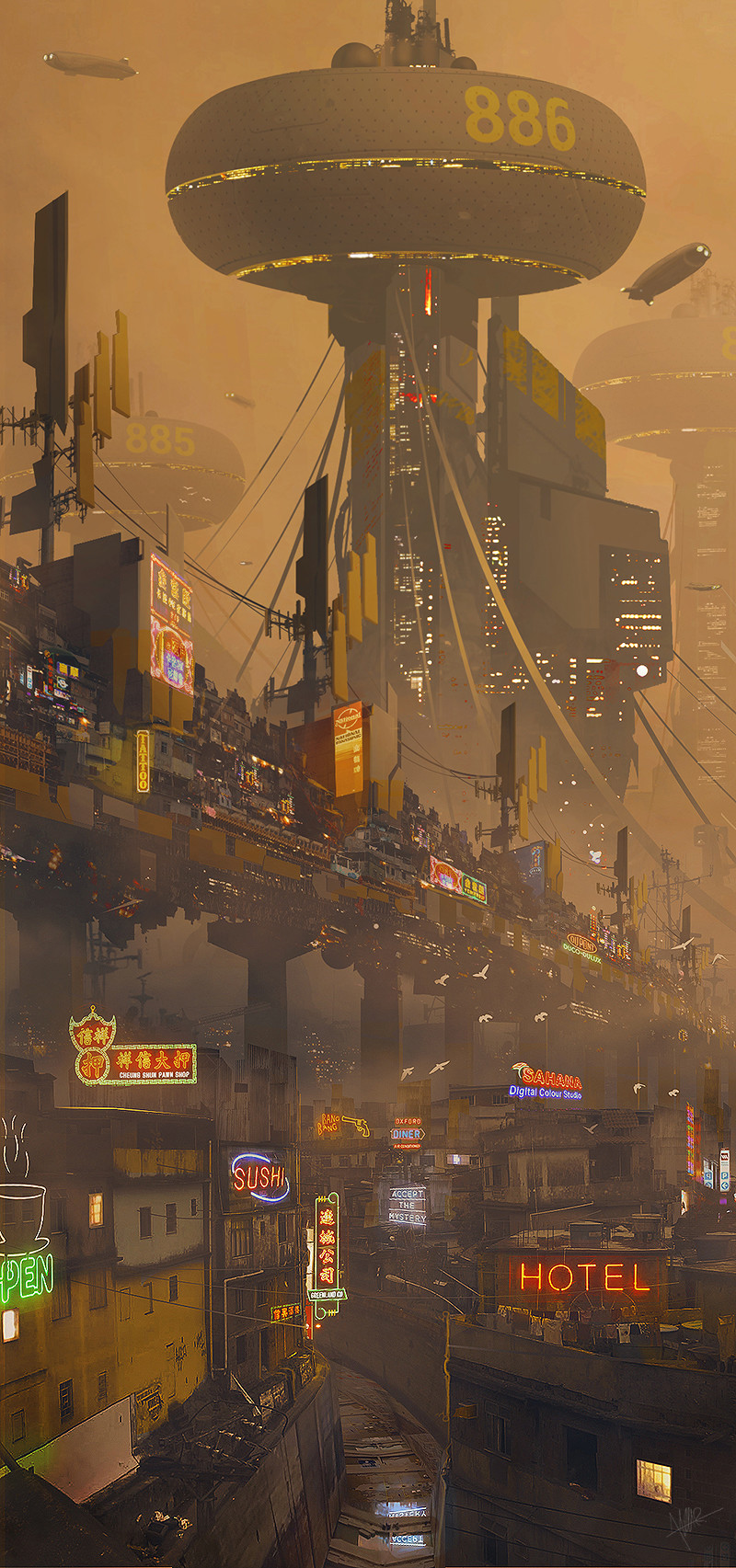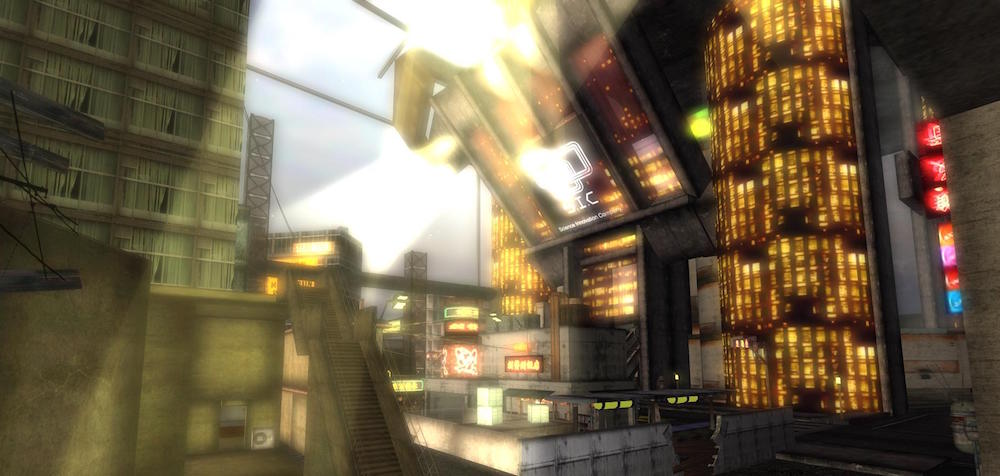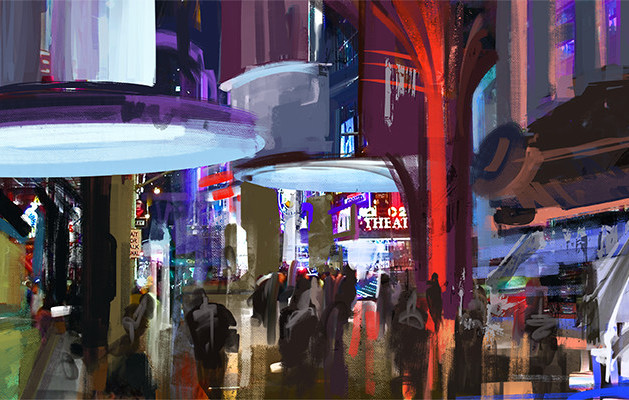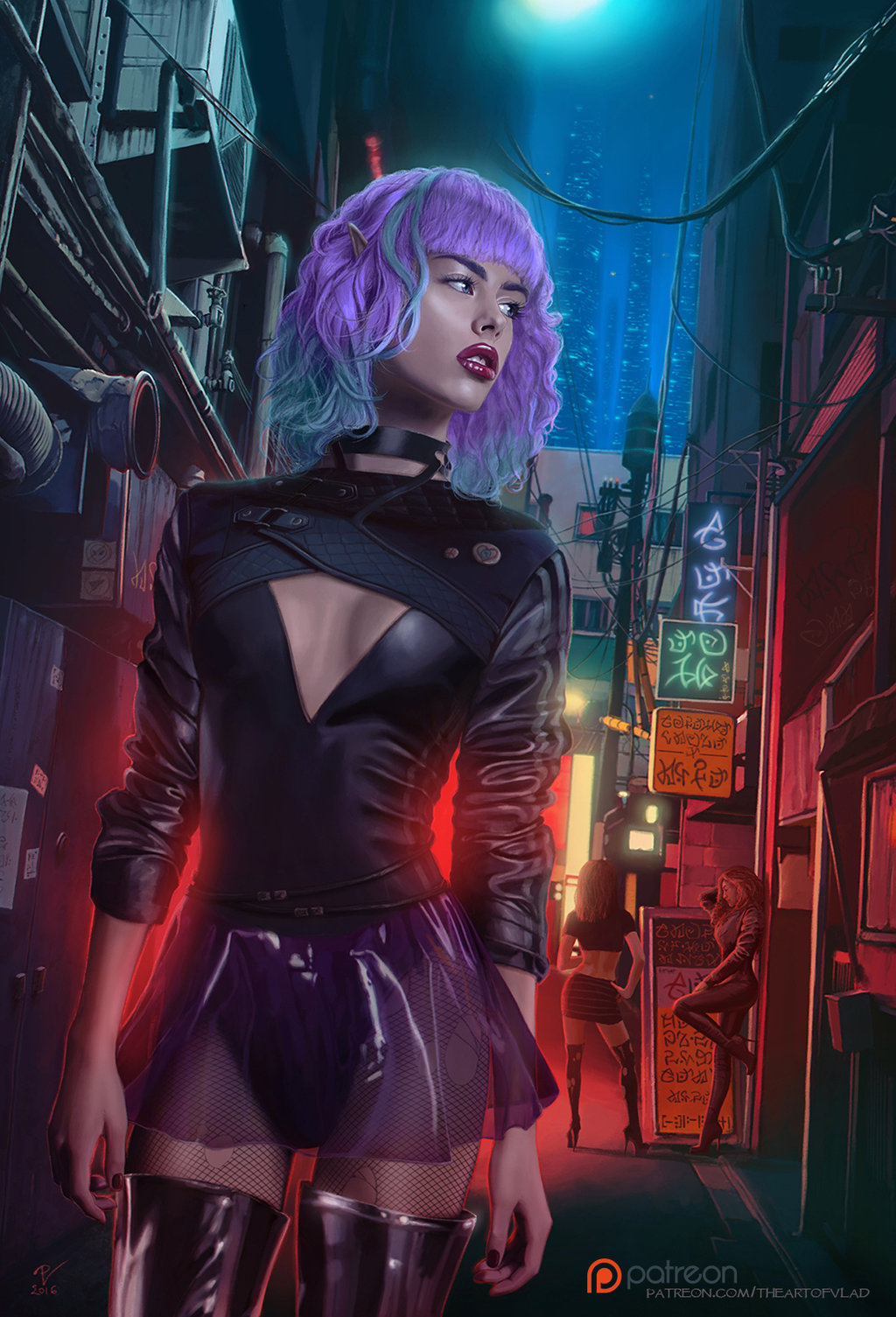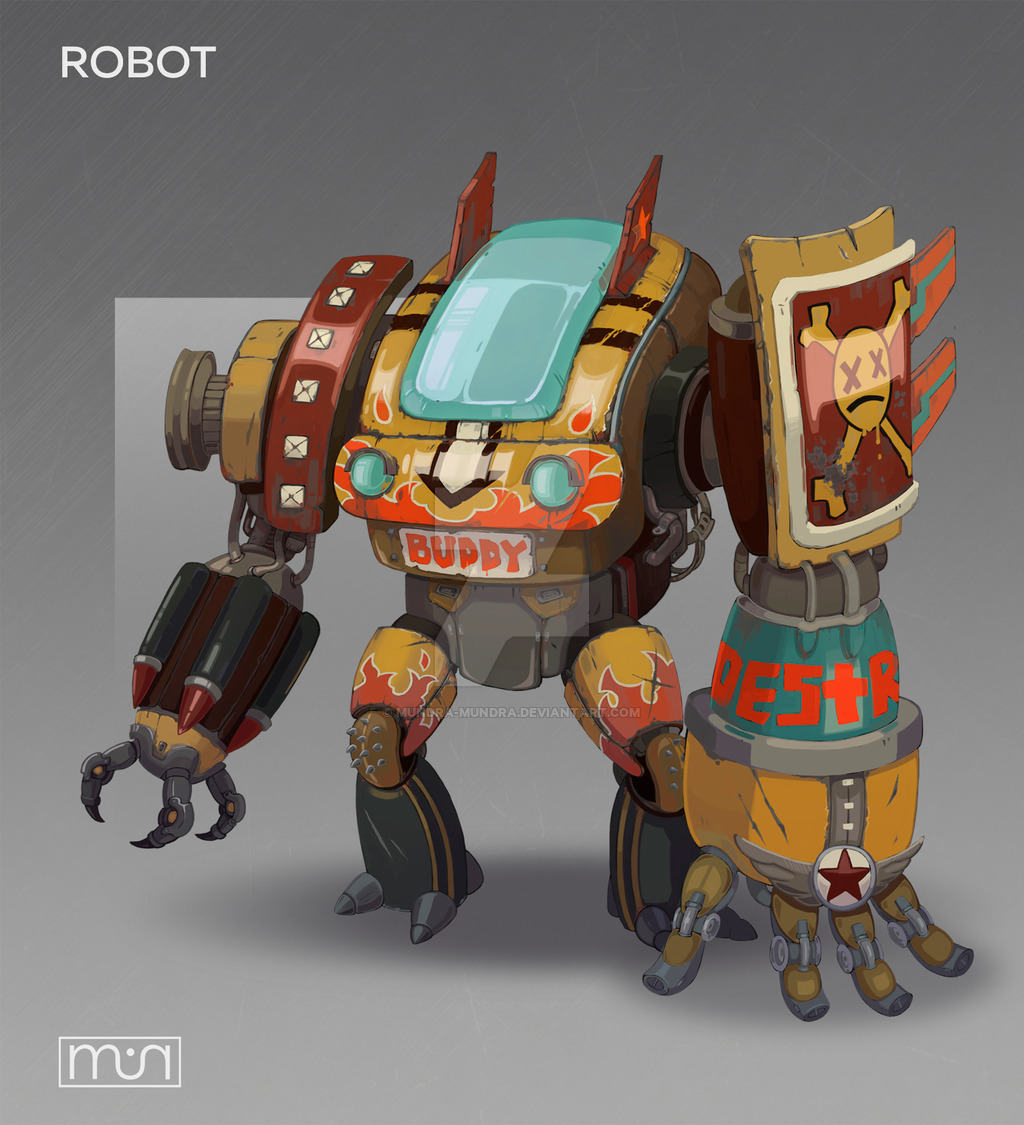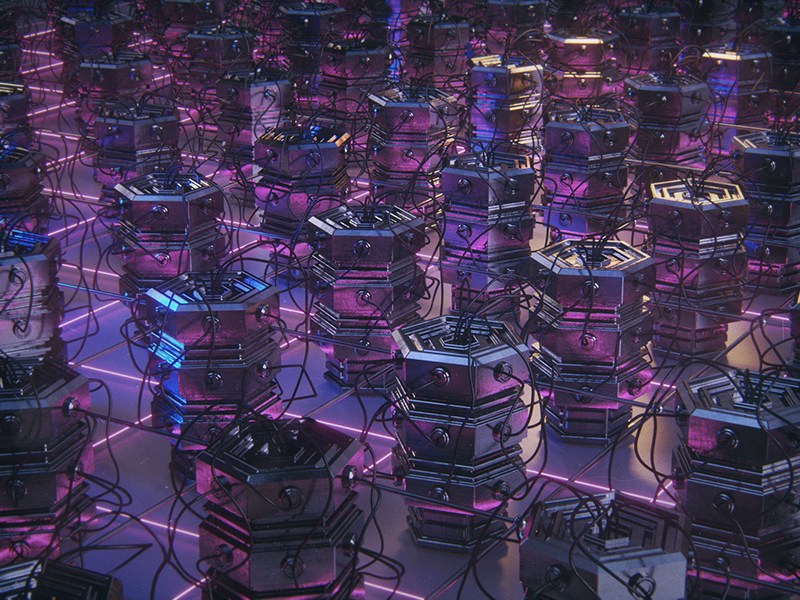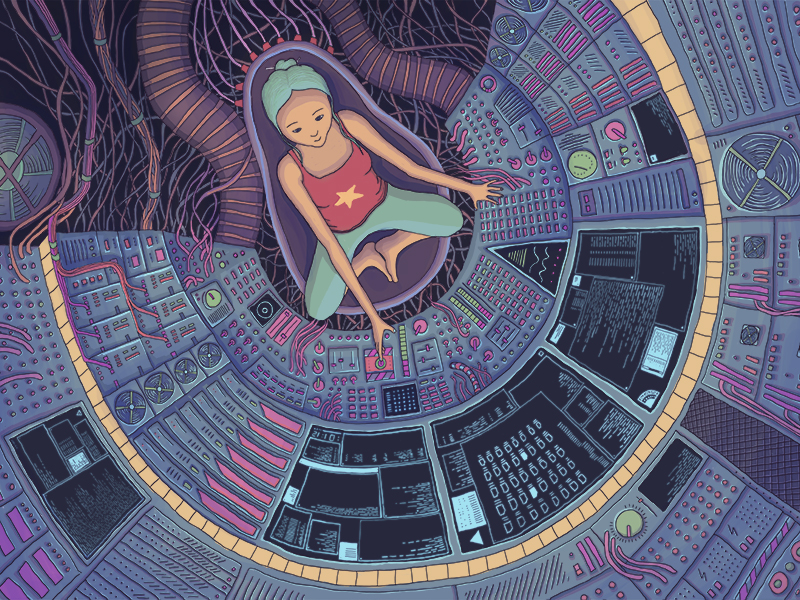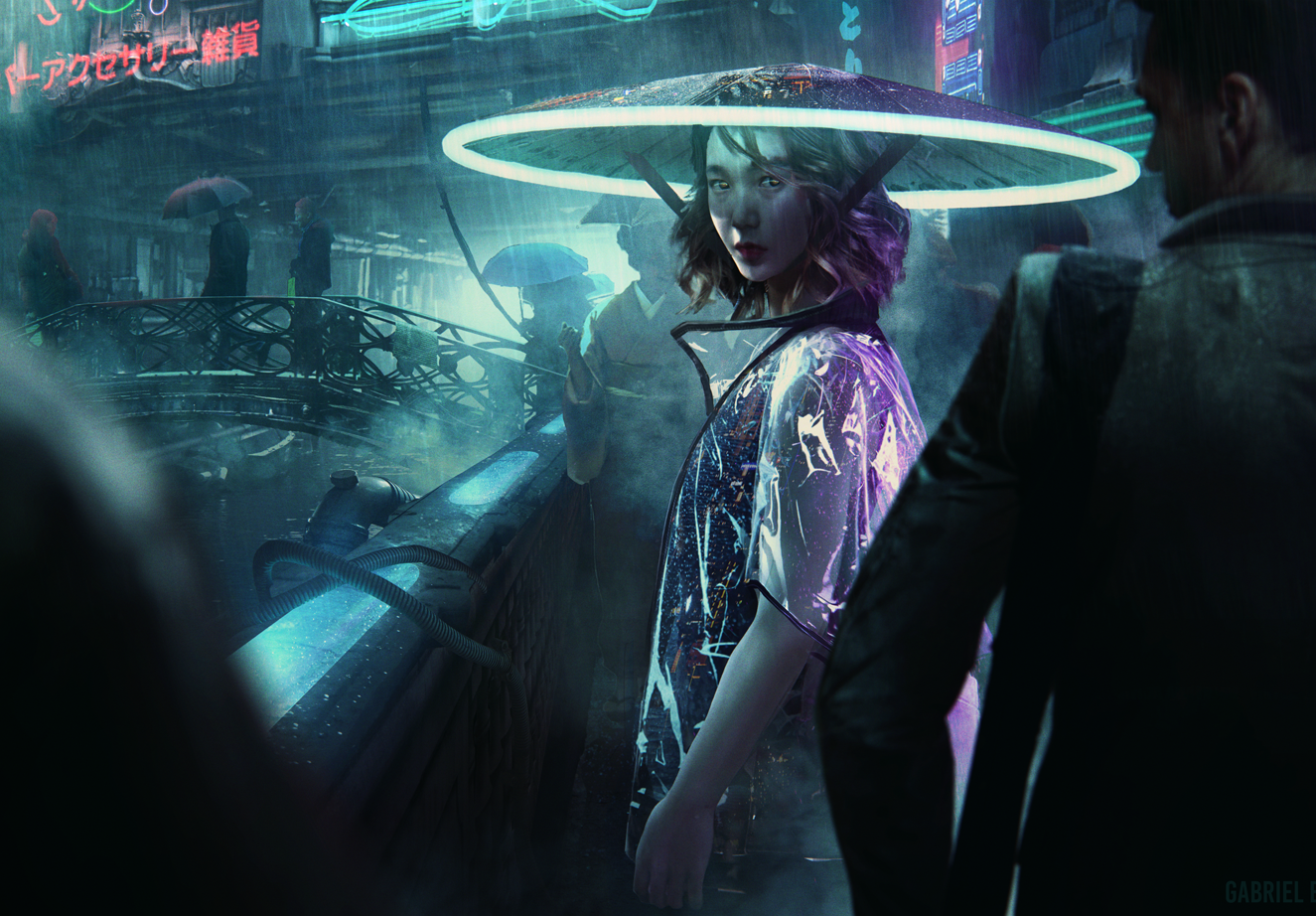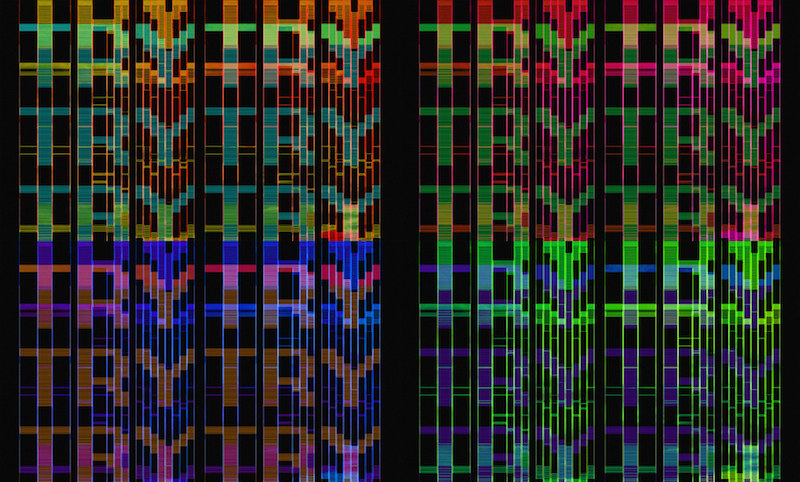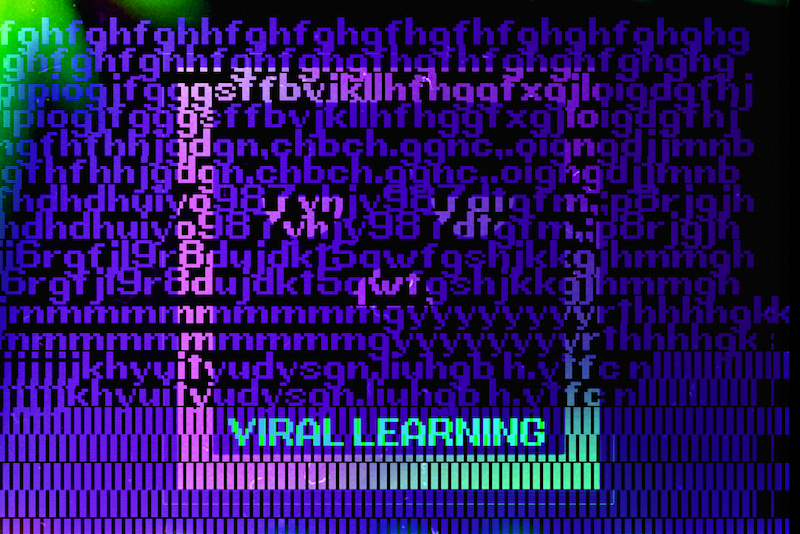I think that Exolymph is ready to change. In retrospect, I’ve been getting bored with my “dystopia is real and we’re living it” thesis since writing “The Cyberpunk Sensibility” last October. (Luckily I didn’t call the project A Cyberpunk Newsletter, so the inscrutable name will stay. Besides, it’s more like I want to zoom in on a particular niche topic, not ditch everything.)
“Cyberpunk is now” was an exciting revelation a year ago — at least to me, although I certainly didn’t come up with the idea. Now it feels banal. The mainstream press is covering cyberpunk themes more and more, and other blogs are doing my schtick better than me. I talked around this when I made a list of cyberpunk content sources back in February.
Most of the publications that I mentioned then don’t delve into the sociopolitics of cyberpunk, but anecdotally the topic is more prevalent than it used to be. Today someone posted on Hacker News, “Would you be interested in a ‘cyberpunk’ inspired news site?” In the comments people pointed out that Wired covers a lot of this territory, as do fringe outlets like those I listed months ago, and N O D E.
So anyway. Like I said, the dissatisfaction has been simmering in my head for months. But reading David Auerbach’s latest essay on the Trump regime is what flipped the switch and made me realize that I need to change Exolymph’s editorial mandate. (No, I’m not going to join #TheResistance and write about Trump all the time — let me explain before you roll your eyes.)
In his essay, Auerbach laid out the relationship(s) between the American overculture (his preferred term) and the country’s surging undercultures. “If you went on 4chan in 2016, you were part of the underculture. If you read about 4chan in the news and believed what you read, you were part of the overculture,” Auerbach quipped.
As it happens, I tend to bounce between these realms more than the average person. Subcultures have long fascinated me, since I’m an incorrigible drama voyeur (like any good journalist). That’s what I want to concentrate on now: How subcultures relate to the mainstream in the twenty-first century.
The internet has transformed the way that social information (memes, if you will) travel up and down between subculture and mainstream. Traditionally, the elites of the mainstream directed the grand narrative. The geeks, MOPs, and sociopaths of subcultures provided the components that were used to compile that grand narrative. But now the elite gatekeepers have lost so much of their power — not all of it, but enough for Auerbach’s underculture to shake things up.
These are the questions that I want to explore:
- Who is able to travel up and down the cultural stack?
- What do they bring with them?
- Do the messages that they carry change along the way?
- How much do they change?
- Is it on purpose?
- When are travelers able to make the trip safely, and when are they hijacked?
- How do the different levels govern themselves?
- How do they govern each other?
- Which factions are able to go vertical, encompassing cross-sections of multiple strata?
On a concrete level, the newsletter probably won’t feel very different. For example, here’s an issue that I would have covered before that will be even more relevant given the new focus.
And now, an abrupt ending! I have an early flight tomorrow and honestly that’s all I have to say.
Header artwork by Albert Ramon Puig.

